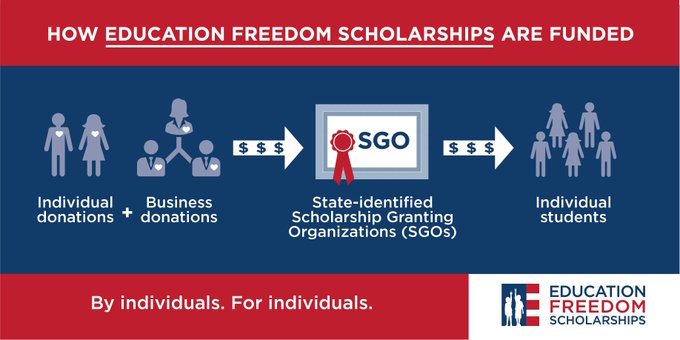Q&A: Sacramento City Unified School District budget crisis | The Sacramento Bee
You asked us about the Sac City Unified crisis. Here are answers to your top questions
With a teachers strike and a possible state takeover looming for the Sacramento City Unified School District, The Sacramento Bee put out a call this week for our readers’ most pressing questions about the crisis. Dozens have responded so far through our website, Facebook and Twitter.
Here are answers to some of your top questions:
Where are we with the strike? What do the district and the union say?
The teachers union, however, says it is confident that teachers won’t cross the picket line. The overwhelming majority of its 2,500 members who voted
approved the strike.
Why strike for just one day, and will it be effective? Will the teachers strike again?
The district and the United Professional Educators union, which represents administrators, are asking the same question: What does a one-day strike accomplish?
The union says it kept the strike to a day to minimize the impact on students. Union officials said they hope that will be enough to get the district to meet with them and “agree to honoring the contract and obeying the law.”
There have been changes to the state receivership process. Maybe it won’t be like the Oakland situation?
Oakland Unified School District went into state receivership in 2003 – a process in which the district takes an emergency loan from the state and is taken over by the California Department of Education. Since that time, state receivership has changed. Most significantly, the administrator who takes charge of the district’s finances is appointed by the county, not the state. If a takeover happens, this will be the first time a county superintendent – in this case, Sacramento County Superintendent of Schools David Gordon – will appoint the administrator.
Oakland Unified still owes the state about $30 million, which is roughly the amount Sacramento City Unified is in the red. By the time its receivership ends in 2026, Oakland will have paid tens of millions of dollars in interest on its state loan. Sacramento City Unified will faces interest payments as well.
If the school district goes into receivership, what does that do to those in positions like superintendent, and those on the board?
The new administrator appointed by Gordon would assume power and responsibilities of the governing board. The new administrator does not have to consult with the school board or the superintendent.
Over time, Gordon can replace the appointed administrator with a trustee, and the school board will slowly regain some of its powers. After at least three years, the trustee could be removed if the district has a recovery plan in place.
What will insolvency mean in real terms for students and families? What will we lose, specifically? And how will it hurt 40,000 students? Is it possible that it won’t be like the Oakland situation?
Sacramento is
one of the most diverse cities in the country, with families from a wide range of socioeconomic backgrounds. Activists and community leaders are speaking out, saying the crisis will harm Sacramento City Unified’s most disadvantaged students first.
Officials from the Fiscal Crisis and Management Assistance Team, a state-created financial adviser for school districts, said that districts strive to keep cuts away from the classroom. But cuts that affect students are inevitable, especially during a state takeover, because the administrator will prioritize balancing the budget.
Cuts to after-school programs, athletics and health centers would be likely.
The district just sent layoff notices to its preschool teachers in the Head Start program, which helps single mothers go back to work by offering free or affordable care for their children.
Is it true that a change to the teachers’ health care plan could close the budget gap? What is the rationale behind refusing a new plan?
A change in the teachers’ health care plan won’t close a $35 million gap, but it would significantly help. The union says it did not refuse a new plan – a key dispute behind the upcoming strike.




























